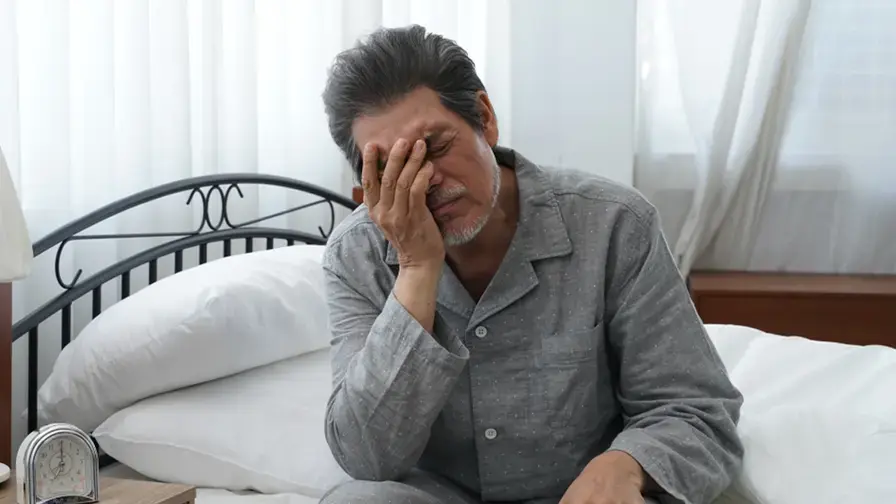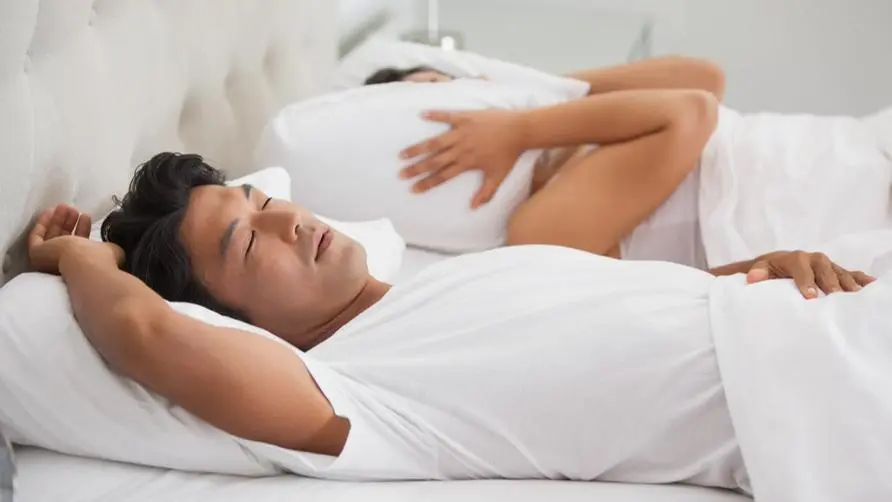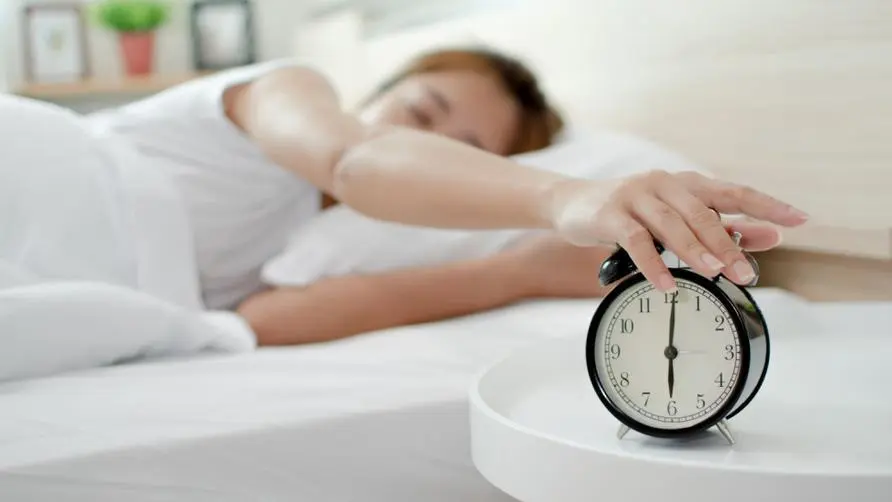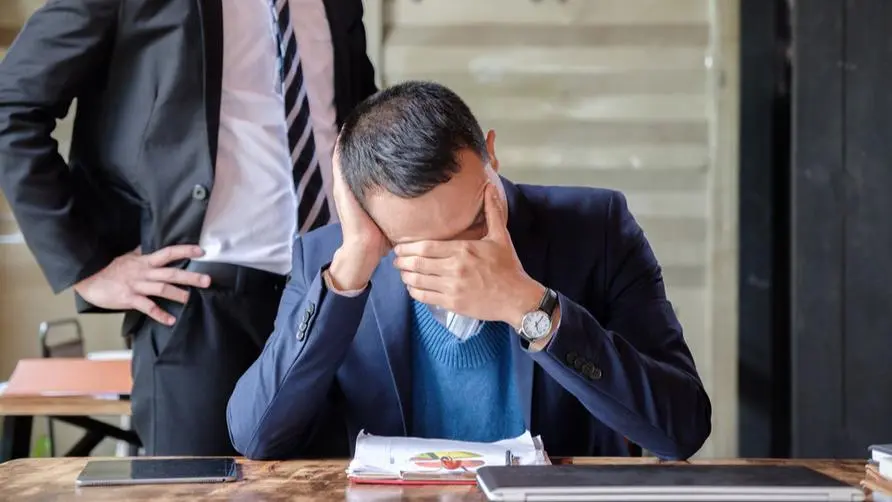Invisible killer that threatens health! Doctors reveal: sleep apnea may cause "ten major physical crises"

A middle-aged man in his early 40s never cared about his tiredness during the day, snoring at night, increasing obesity, and becoming increasingly breathless when walking. It wasn’t until one day that his innocent and lovely daughter asked him, “Dad, can you stay with me a little longer?” He was shocked to realize that his health was so important and meaningful, so he began to face his health problems, actively seek medical treatment, and pay attention to his health. Pick up health.
Sleep apnea treatment is very harmful! Doctor: Ten major crises that may cause the body
Dr. Xu Yingshuo, Department of Otolaryngology, Shin Kong Ngo Huo Shi Memorial Hospital, said that “snoring, obesity, and not getting enough sleep” are common symptoms of sleep apnea. As the name suggests, sleep apnea is a condition in which patients repeatedly and temporarily stop breathing during sleep. Once a person stops breathing, he will inevitably suffer from hypoxia. After hypoxia, the body will produce a large amount of free radicals, causing inflammation in the body and poor waste metabolism, leading to many risks. , mainly divided into the following ten major crises:
Heart: Hypoxia during sleep may lead to myocardial infarction and angina.
Mouth: Breathing disorders can lead to mouth breathing, which can lead to bad breath and tooth decay.
Ears: The small blood vessels in the ears are deprived of oxygen, so be careful of dizziness, tinnitus, and sudden deafness.
Nose: Nasal congestion causes breathing through the mouth, which is a risk factor for sleep apnea.
Stomach: Gastroesophageal reflux occurs due to obstruction of the respiratory tract and negative pressure in the chest during sleep.
Obesity: Poor sleep quality affects metabolism and causes obesity.
Worry: Sleep disorders may affect mood, and in severe cases may lead to depression.
Sleepiness: Poor sleep directly leads to daytime fatigue and sleepiness.
Urine: Due to sleep interruption, the brain cannot enter the deep sleep period, resulting in an increase in the number of nocturia.
Impotence: The lack of oxygen in the body will affect the arterial blood flow of the corpus cavernosum of the penis and increase the risk of sexual dysfunction.
Home sleep testing to understand sleep apnea risk
Hong Xiaojing, a senior sleep technician at ColinSleepMedia, said that home sleep testing allows people to collect key sleep physiological data for doctors to diagnose using just one night’s sleep at home, such as sleep apnea index AHI (apnea-hypopnea index) and blood pressure. Oxygen concentration and other information. This kind of test is simpler than traditional methods, using 3 lines to obtain necessary information, improving patient comfort and reducing sleep disturbance caused by environmental changes. In the United States, Australia and other countries, home sleep testing has become mainstream, effectively shortening patients’ waiting time.
Losing just 7 kilograms of weight can improve half of sleep apnea
Positive pressure respirators are the first-line treatment for sleep apnea. Pressurized air opens the respiratory tract, maintains smooth airways, and smoothes metabolism in the body. Because the velopharynx, tonsils, base of tongue, and epiglottis cartilage may be the culprits that block the airway and cause sleep apnea, understanding the physiological structure through sleep endoscopy can help patients integrate the most appropriate treatment method. Dr. Xu specifically reminds patients that if they have obesity problems, they should also lose weight moderately. Research also points out that losing 7 kilograms of weight can reduce sleep apnea by half!
Further reading:





